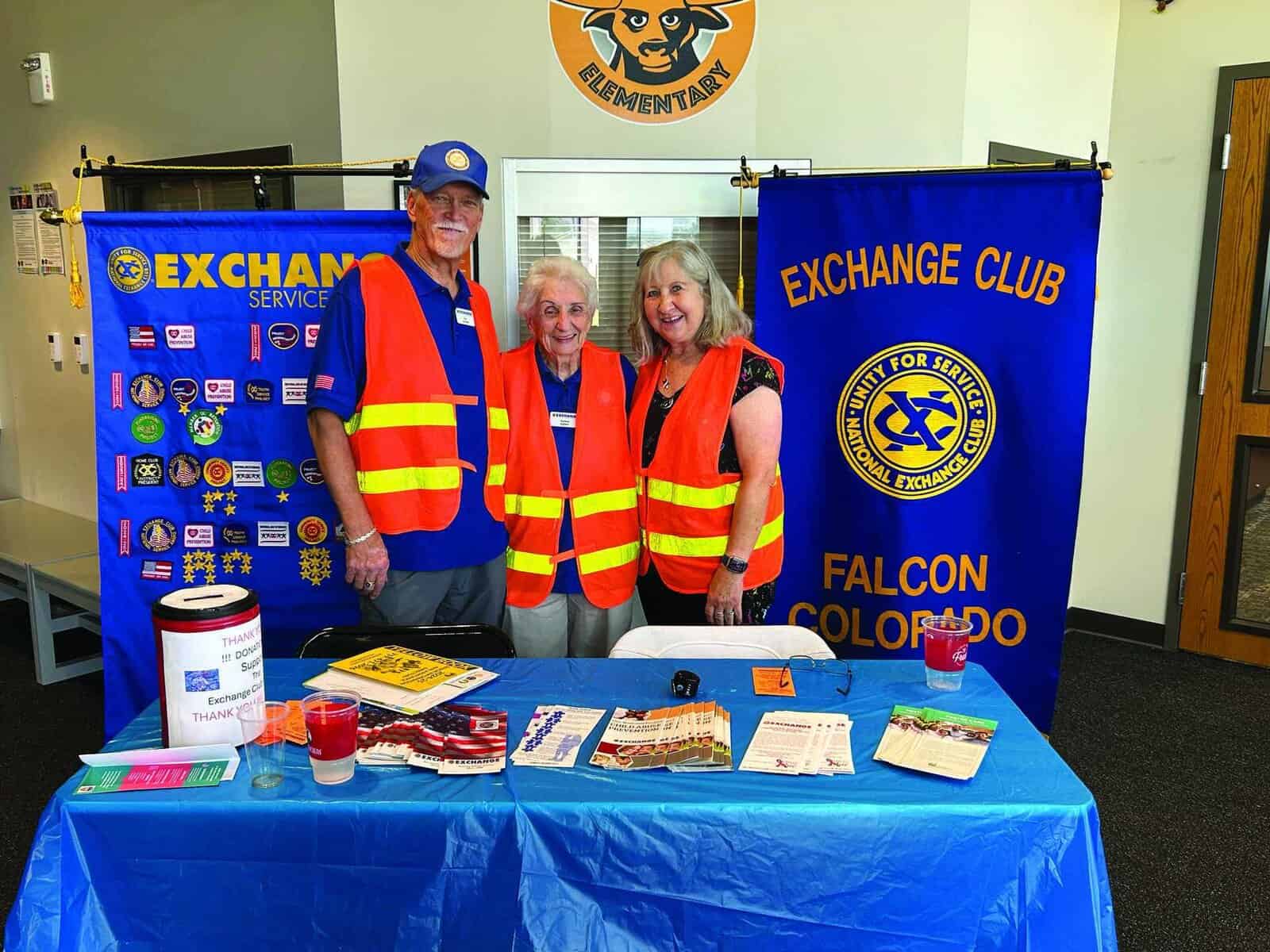Since the age of covered wagons painted ìPikes Peak or Bust,î small farms and homesteads have been making sure visitors and settlers were well-fed. Farmers had to figure out how to grow crops and raise animals in the harsh weather and poor soils of the front range and high plains to feed the gold rush miners ñ- and themselves.About 140 years later, small scale farming and homesteading is making a comeback as many people are trying to reclaim control over their food and health. However, they are facing the same problems the early settlers faced, in addition to modern food, water and land use regulations that sometimes help and sometimes hurt their efforts.New poultry laws would allow chicken salesLocal pasture-raised meat chickens, ducks and turkeys have been a legal problem for small farms in Colorado. In July 2015, ìThe New Falcon Heraldî reported on this issue in the article ìWhy did the chicken cross the road?î The U.S. Department of Agriculture allows small-scale farms and homesteads to raise, process and sell up to 1,000 birds per year without federal inspection. However, Colorado law doesn’t currently recognize the USDA exemption at the state-law level. This resulted in a catch-22 for small farms. Colorado law states they couldn’t sell chicken meat without a USDA inspection, but there was no way to get USDA inspection for their birds.Many small farms found clever ways around the law. Some would sell the birds ìliveî to end consumers and then host chicken processing seminars, where the new owner could learn how to process ìtheirî birds. Other farms offered transportation for the new owner’s chickens to a local non-USDA inspected processing facility, which are legally allowed to process birds for the owner’s own family, but not for sale purposes.These apparent loopholes in the law were rarely challenged by the state, but farm-to-fork advocates said small farms were treading on thin ice. However, this could change with Senate Bill 16-058, which passed the Colorado Senate in March and the Colorado House in April.SB 16-058, if signed by Gov. John Hickenlooper, would amend the Colorado Cottage Foods Law to include meat products such as poultry. As long as the farmer passes a food handling class and maintains sanitary processes, they would be able to sell as much as $10,000 worth of each product raised on their own farm to informed end consumers. If the farm sells fewer than the USDA 1,000-bird exemption, the bill exempts the farmer from any of the regulation requirements as long as the end customer is fully informed of the source of the meat.Small pork operation has emotional tiesMany small farmers and homesteaders have deep emotional reasons for being involved in small-scale agriculture. The hard work of building up thin Colorado soils, caring for animals who seem to be trying to find a way to die, and braving the prairie winds day in and day out would beat down anyone. Anyone, that is, who doesn’t have a reason to keep going that’s stronger than the reasons to give up. A small pig and cattle operation near Truckton in eastern El Paso County highlights how the need to keep going can be stronger than the desire to move back to the urban lifestyle. Patty Berg raises piglets from six breeding sows and three boars on her property, along with six breeding beef cows. Berg and her husband, Douglas, moved to their small farm from California during the economic downturn about 10 years ago.ìMy husband and I always wanted to buy property, but in California it was so expensive,î Berg said. ìSo his brother said, ‘Just come to Colorado,’ and I said it’s a new adventure, let’s go. Within six to eight months we bought our first pig. It was a lot of culture shock and sometimes the silence is deafening. I thought it would be everything that I hate, but I love it.îIn March 2013, everything changed for the Bergs’ little homestead. Patty Berg saw an advertisement from Rock Ledge Ranch looking for piglets for the living history exhibit near Garden of the Gods. She found the ad under dire circumstances.ìI had gone to get the ìRanchland Newsî to get my husband’s obituary,î Berg said. Doug Berg had passed away in an automobile accident. ìRock Ledge had the ad near it (the obit). I thought that would be so great to have that become part of the living history. But I put it in my back pocket, because the litter we had was so young, and it was such a hard time in my life.îA couple months later, Berg found out the ranch still didn’t have pigs for their program. Her piglets were then the perfect age to move to the museum. ìAnd my gosh, it was like a little burst of happiness for me in that time of grief to be part of that,î she said. Now, Berg breeds a litter each year at the right time to have the piglets be an appropriate age to be part of Rock Ledge Ranch’s tourism season.Berg has emotional ties to Peanut, the sow that farrows the Rock Ledge Ranch piglets. ìWe named her Peanut because she was the tiniest little thing,î Berg said. ìI’m pretty sure she was premature. I thought, ‘my gosh, this is new for me! I just came from California!’ I bottle raised her, and she grew up to produce these beautiful little piglets, in all kinds of different colors.îPatty Berg sells her piglets to local small farms and raises pigs for pork at her Edison Road farmstead.
| Editorís note: ìThe New Falcon Heraldî will be following the homesteading and local food movement from the point of view of one reporter, Jason Gray, who moved to 40 acres near Rush to create a partially self-sufficient homestead. The Pasture-Raised Life will appear monthly. |





